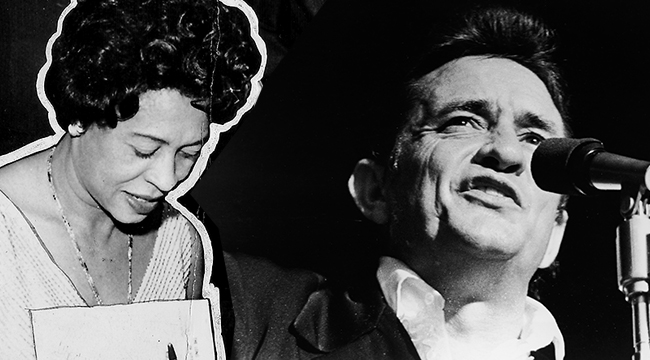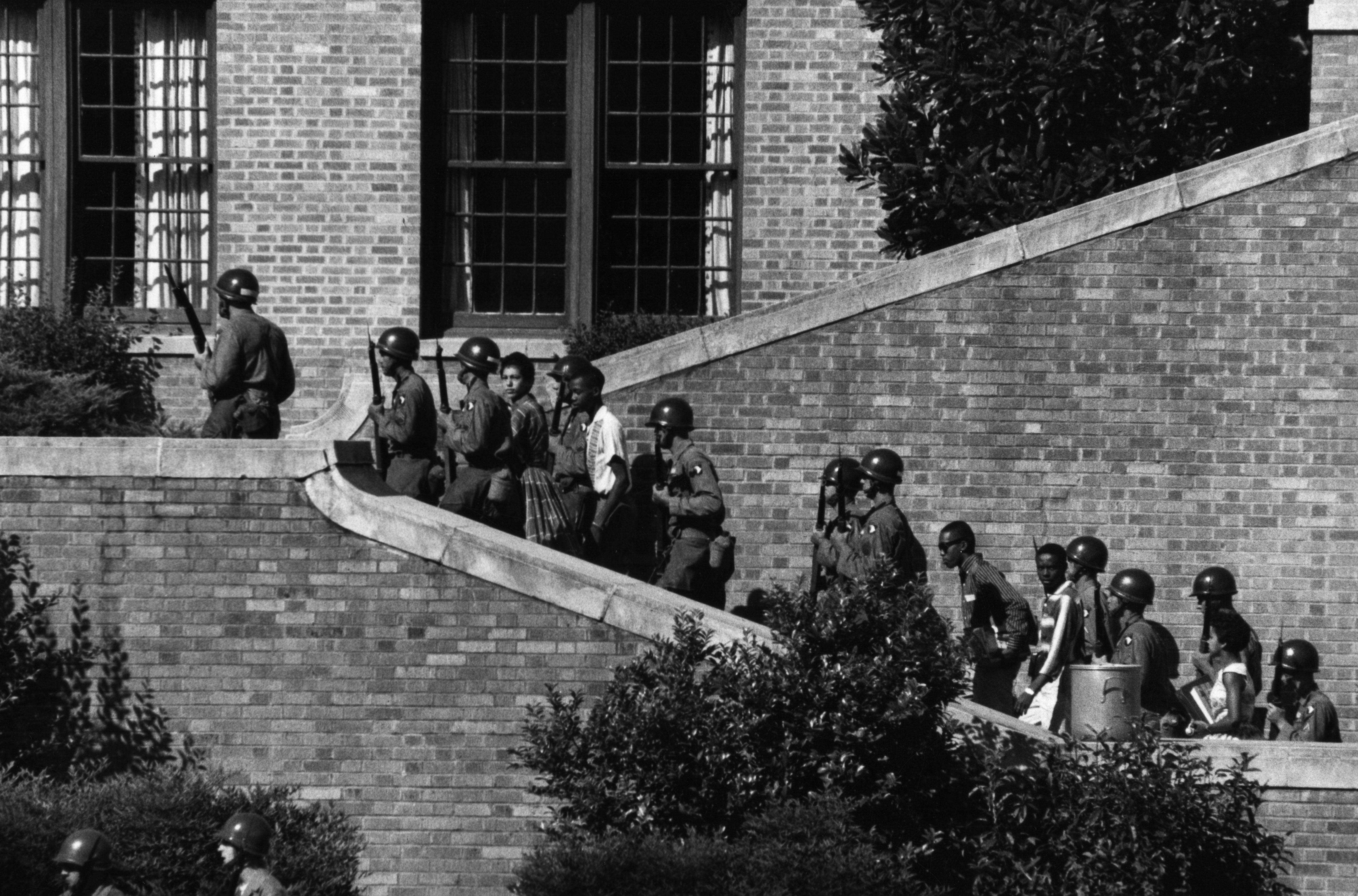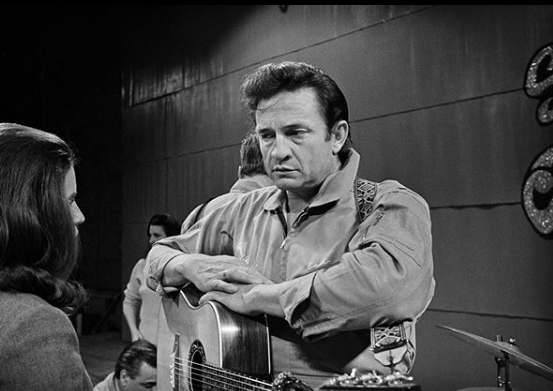
Last week, Arkansas governor Asa Hutchinson signed a law that will replace the two statues representing the state on Capitol Hill in Washington, DC. One prominent feature in the halls of the capitol building is a collection of 100 statues, meant to represent two great figures from each of the 50 states. Arkansas’ current representatives are a Confederate-era attorney, Uriah Milton Rose, and avowed white supremacist, James P. Clarke. Now Rose and Clarke will be replaced by civil rights leader Daisy Lee Gatson Bates and none other than the Man in Black, Johnny Cash.
Civil Rights champion Daisy Lee Gatson Bates feels like the perfect replacement here. Bates was instrumental in the desegregation of Little Rock when she led the Little Rock Nine into an all-white school and was able to enroll the nine black students in Little Rock Central High School in 1957. Mobs of white people gathered and threaten to kill the black students if they tried to enter. The governor at the time had to call in the National Guard to assure violence didn’t break out. Bates was able to get the kids into the school unharmed by using religious ministers as bodyguards. Once in, Bates also helped the students enroll and continued with emotional and practical support for their families. And that story is just the tip of the iceberg of how important Bates is to desegregation and the Civil Rights Movement in America.

On the flip side, there was actually some pretty loud debate against Johnny Cash representing Arkansas in Washington. The Washington Post reports that Arkansas State Representative Doug House (R) said, “Mr. Cash is a great musician . . . but the drugs, the alcohol, the women, that kind of thing . . . no, I can’t hold him up to my children as a model.” This obviously ignores Cash’s work performing for free for prisoners around the world; an act of civility and kindness that few at the time (or even now) were willing to show those caught in the prison industrial complex. Cash spent a huge part of his life advocating for prison reform and that alone is worth celebrating.
Cash also bucked the trends by shining a light on the violence of settler-colonialism towards Indigenous Americans in the mid-1960s by writing an entire album about it, Bitter Tears: Ballads of the American Indian. That record was a sharp contrast to the cowboy-glorifying world of country music at the time. Each track highlighted a tragedy that befell various tribes and people throughout Indigenous America thanks to colonialism and America’s Manifest Destiny. Radio stations refused to play his songs about WWII hero Ira Hayes or the Trail of Tears for years but Cash keep fighting to get those songs out there. And all of that is before you get into the philanthropy work he did on Indian Reservations to build schools and infrastructure.

Governor Hutchinson defended the move as a chance for Arkansas “to update the statues with representatives of our more recent history” in his weekly gubernatorial address. The move comes as a reminder that history is always on the march. The current trend to remove Confederate statues and obvious racists from our common spaces is tough to defend as anything but a net positive to help heal old wounds. It’s also very important to remember that many of these statues exist almost exclusively thanks to the Ku Klux Klan (and other white supremacist groups) installing them in the early 20th century.
Replacing avowed racists with an icon of the Civil Rights era like Daisy Lee Gatson Bates and a musical legend like Johnny Cash (who is an un-celebrated civil rights fighter for Indigenous folks) is a step towards a brighter future.
(via The Washington Post)






